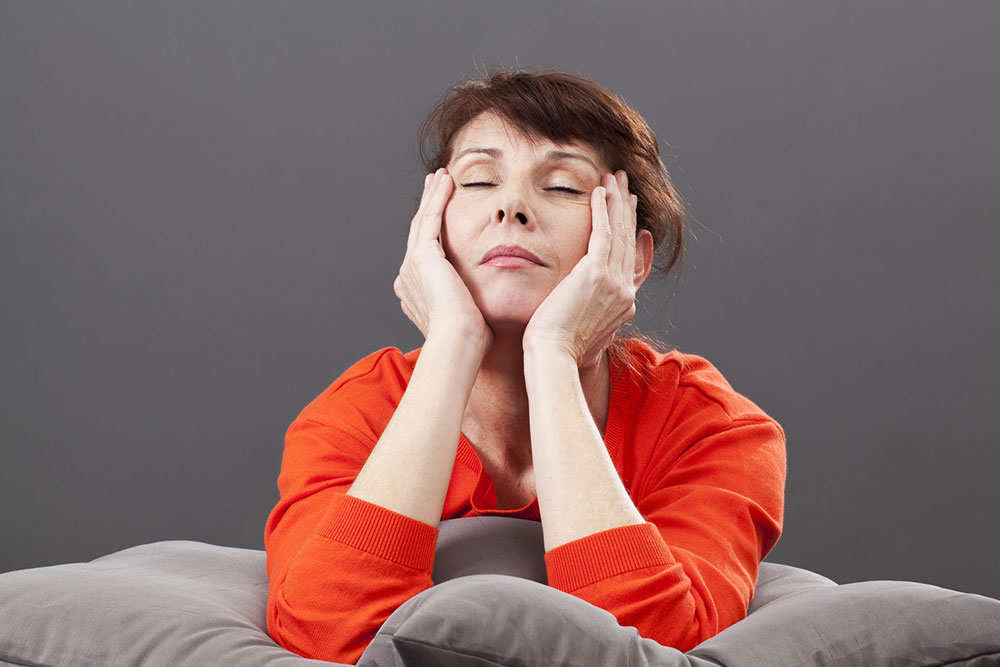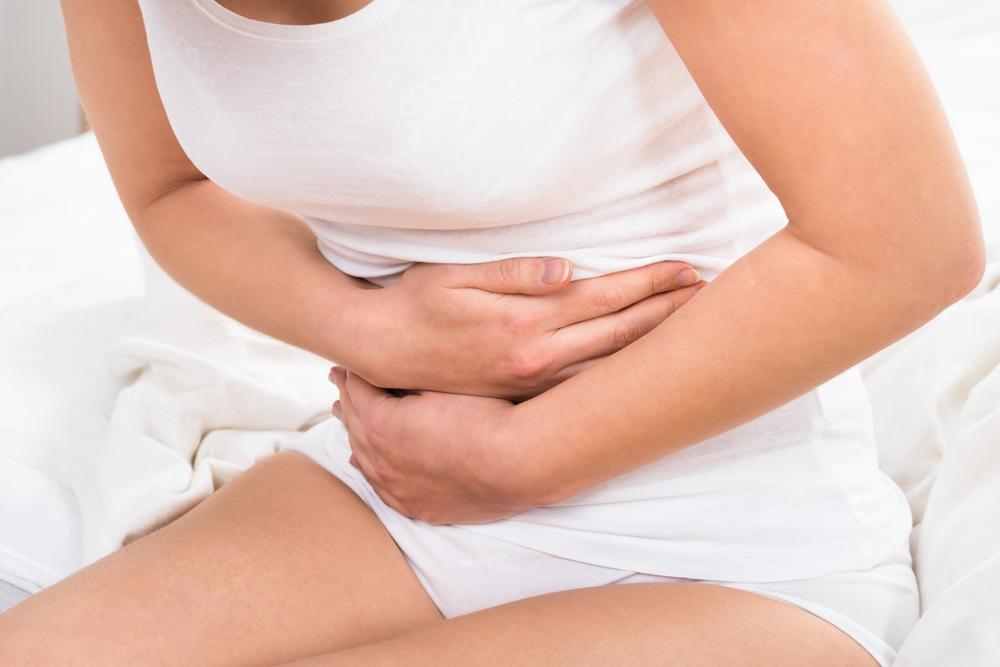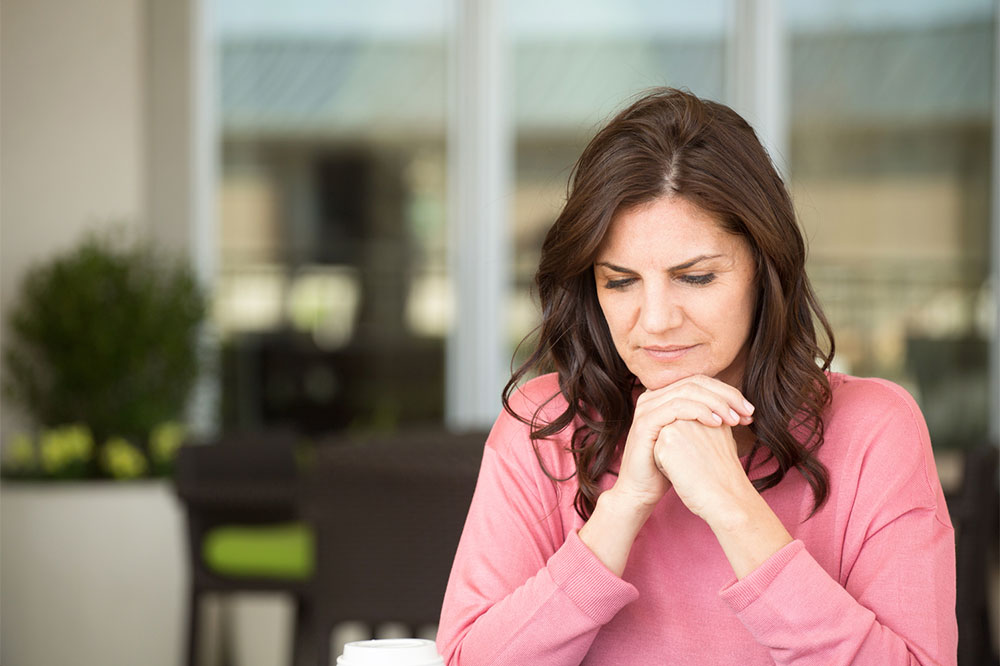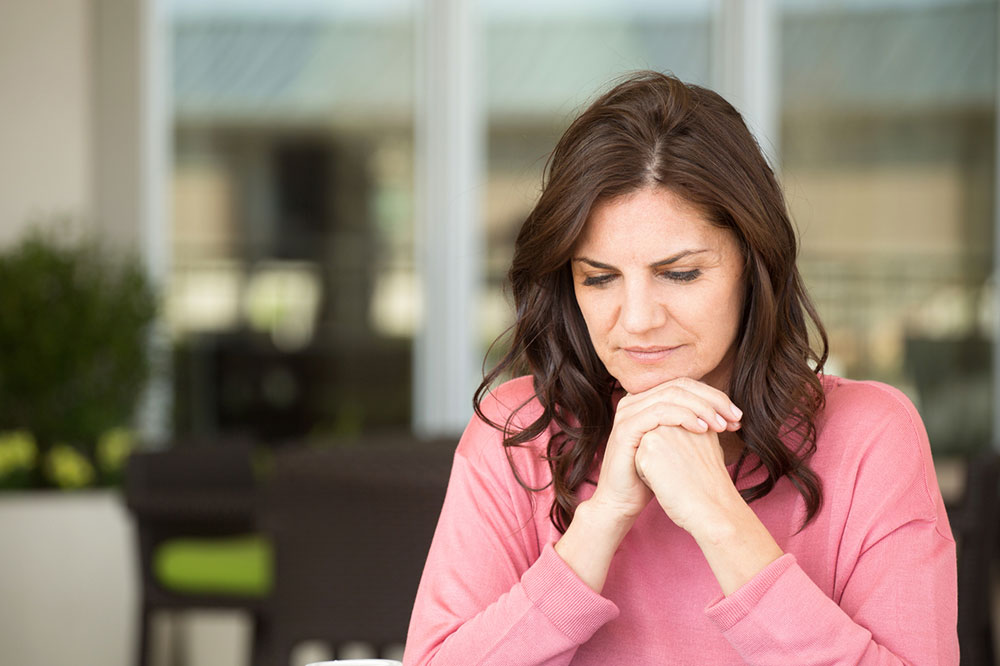Tips to Deal with 4 Common Effects of Menopause
Menopause is a rite of passage for women, and it is what puberty is during the teenage years. The hormone levels surge and fall, and the body undergoes a lot of changes. Similar to puberty, the signs of menopause can catch a woman unawares. Once they reach their 40s, many women tend to dread their menopausal phase, which is majorly due to the signs and effects that cause a lot of discomfort.

However, unlike puberty, menopause, which usually occurs between the ages of 45 and 55 years, can be easier to handle and manage. It takes place due to a natural decline in the reproductive hormones of estrogen and progesterone. Some women may also experience premature menopause after they undergo procedures that affect the reproductive system such as hysterectomy or even radiation therapy and chemotherapy. Premature menopause may also occur if the ovaries are unable to produce sufficient reproductive hormones due to genetic variation or autoimmune disorders. Whatever be the cause of menopause, the signs remain the same.
Every woman experiences menopause differently. For some, the transition is quite painless, while the signs and effects of menopause may disrupt the daily routine for others. However, it is possible to alleviate the discomfort with certain activities, food, and medicines.
- Hot flashes : There are periods when a woman experiences intense heat. It starts from the chest and rises to the neck and then to the head. There can be extreme perspiration, which can result in a lot of discomfort. It can be triggered by hot weather, spicy food, smoking, caffeine, alcohol, heat, tight clothing, or even stress; many also experience night sweats. Periods of hot flashes can occur for 7-11 months in the initial days of menopause. The best way to deal with extreme body heat is to wear clothes made from light natural fabric and drink plenty of water. One should avoid sunbathing, saunas, and spicy and hot food. One can consult a physician and take estrogen supplements.
- Insomnia : Insomnia usually occurs just prior to or after menopause and is the direct result of hot flashes and night sweats. These two symptoms disrupt a woman’s normal sleeping cycle. In some cases, a shift in the hormonal levels also leads to sleep deprivation, which is a common problem among menopausal woman. The best way to deal with this problem is to prevent hot flashes, which can be done by ensuring that the sleeping environment is as comfortable and cool as possible. Meditating before going to bed can prove useful as it will calm the mind and regulate one’s breathing. Taking a bath before bed can also help regulate body temperature. If all these do not help, consult a physician who will prescribe therapies and medications to deal with insomnia and other menopausal symptoms as well.
- Vaginal atrophy : Another common problem is a condition known as vulvar and vaginal atrophy. The hormonal fluctuations during menopause cause a lot of changes in the vagina. There is a loss of vaginal and urethral tissues, reducing the lubrication and flexibility, which causes vaginal dryness and irritation. There can be urinary incontinence that causes pain during urination, and some women also experience pain during intercourse. Since these symptoms occur due to low estrogen levels, vaginal estrogen can be helpful. This can be in the form of creams, lubricants, or even pills such as INTRAROSA®. Vaginal insertion pills such as INTRAROSA® are prescription pills that alleviate moderate to severe pain during intercourse and relieve vaginal atrophy within three-four weeks. Food rich in vitamin E can also give relief, and strengthening the pelvic floor muscles with Kegel exercises is another way to alleviate these symptoms. However, before taking lubricants and vaginal estrogen like INTRAROSA®, it is advisable to consult a doctor.
- Weight gain : As menopause comes along, so does age. With age, the metabolism tends to slow down, which leads to weight gain. The only way to deal with this is the tried and tested method of following a healthy diet and exercising. Weight training, cardio exercises, and yoga can be quite helpful, and managing stress can go a long way in managing weight.
It cannot be denied that menopause brings a lot of problems with it; discomfort and stress come bundled along with rapid hormonal changes. However, these problems can be managed by being proactive and healthy.




